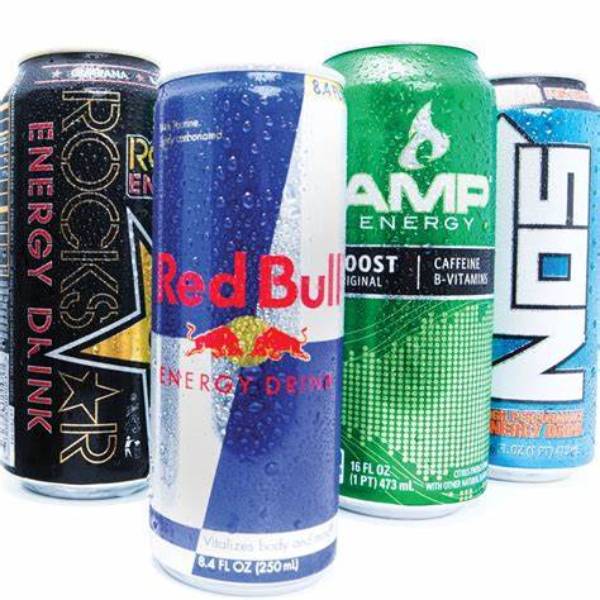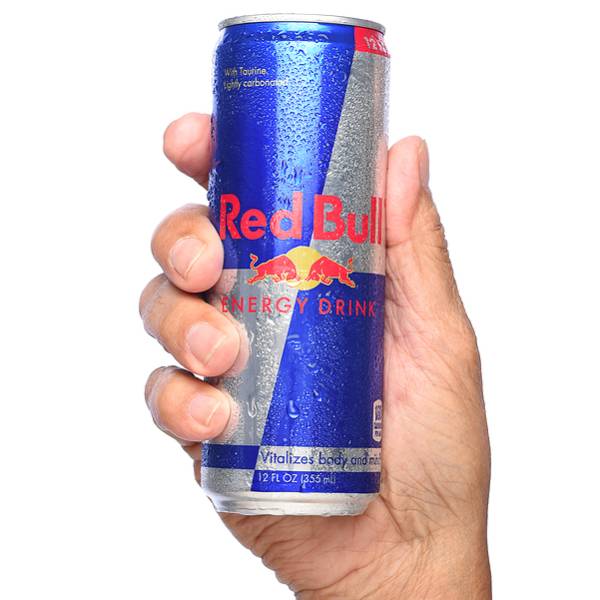In recent years, energy drinks have surged in popularity. Many people consume them for a quick boost of energy. However, the question remains: how many energy drinks cause heart attacks? This article explores the health risks associated with energy drinks, examines their ingredients, and discusses the dangerous potential they may hold, especially for certain populations.
The Rise of Energy Drinks
Popularity of Energy Drinks
Energy drinks have gained immense popularity in recent years. Many brands use aggressive marketing tactics to attract young adults. Advertisements often showcase athletes who rely on these beverages to perform better. This creates a perception that energy drinks enhance physical endurance and mental focus. Consequently, young people often perceive these drinks as essential for their active lifestyles. They consume energy drinks to boost their performance, whether in sports or during demanding work hours. However, this trend raises important questions regarding safety, especially as consumption rates continue to climb.

Health Risks of Excessive Consumption
Research indicates that excessive energy drink consumption can lead to severe health issues. Studies show a correlation between high intake and increased risk of heart attacks. Moreover, many users may not recognize the potential dangers these drinks pose. Caffeine, sugar, and other stimulants can strain the heart, leading to irregular heart rhythms. Authorities urge consumers to limit their intake to mitigate these risks. Young adults should also consider the long-term effects of regular consumption. Understanding these potential health consequences is vital for making informed decisions. As energy drinks become more prevalent, education and awareness must keep pace with consumption trends. By recognizing the dangers, individuals can make healthier choices and prioritize their well-being.
How Many Energy Drinks Cause Heart Attacks in Young Adults?
The Risks of Energy Drinks
Young adults often seek the energy boost that energy drinks provide. Unfortunately, these beverages can pose serious health risks. Studies show that even one or two cans can elevate heart rate and blood pressure. These effects can lead to significant cardiovascular concerns. For instance, young adults may experience arrhythmias, which can be alarming. Research highlights a growing trend of heart-related issues linked to these energy drinks. It’s important to understand the potential dangers of these popular beverages. Therefore, moderation is crucial when considering consumption.
Awareness and Caution
Many young adults may not recognize the risks associated with energy drink consumption. They often ignore warnings about heart problems, believing they are invincible. Educational campaigns can shed light on these life-threatening issues. Such initiatives can help raise awareness and encourage safer choices. Individuals with pre-existing conditions should approach these drinks with particular caution.
Moreover, healthcare professionals should emphasize the dangers of excessive consumption in their advice. Young adults must prioritize their health and make informed decisions. By understanding the risks, they can avoid severe consequences. Life is too precious to risk for a temporary energy boost. Hence, it is vital to promote healthier alternatives that offer sustained energy without harmful side effects. Prioritizing well-being will ultimately lead to a healthier lifestyle.
How Many Energy Drinks Cause Heart Attacks in Athletes?
The Allure of Energy Drinks
Athletes frequently opt for energy drinks, thinking these products will boost their performance. They chase the promise of improved endurance and faster recovery. However, many fail to realize the potential dangers behind these drinks. Studies indicate that energy drinks might increase the risk of heart-related issues. Even young athletes who consume these beverages may face severe health consequences. Heart attacks can occur due to the stimulants present in these drinks. Regular intake can also disrupt normal heart rhythms, causing alarming conditions. Thus, athletes should weigh the benefits against the risks before making a decision.

Prioritizing Health and Nutrition
Instead of relying on energy drinks, athletes should focus on balanced nutrition and proper hydration. Eating a well-rounded diet can provide the energy required for peak performance. Moreover, maintaining good hydration levels ensures that athletes function at their best. Rest plays a crucial role in recovery, yet many overlook its importance. Mentoring young athletes about these essentials is essential for their long-term health.
Coaches and parents should emphasize the significance of nutritious foods over quick-energy products. By fostering healthy habits, athletes can achieve their goals without compromising their well-being. Ultimately, understanding the risks associated with energy drinks can lead to better choices and healthier lifestyles. Through education and support, athletes can prioritize their health effectively.
Ingredients of Energy Drinks: A Cause for Concern
The Effects of Caffeine
Understanding caffeine’s role in energy drinks is crucial for informed consumption. Caffeine acts as a stimulant, so it can raise heart rate significantly. Many people rely on it to combat fatigue and improve focus. However, excessive caffeine intake can lead to serious health problems. Studies show that high doses can increase anxiety and cause insomnia. Additionally, heavy consumption can strain the cardiovascular system. Therefore, individuals should monitor their caffeine intake closely. They should also consider other sources of caffeine in their diet, such as coffee and tea.
The Risks of Sugar and Amino Acids
Aside from caffeine, sugar plays a major role in energy drinks. High sugar content can result in rapid spikes in blood sugar levels. This sudden increase can lead to a subsequent crash, causing fatigue. Furthermore, excessive sugar intake contributes to weight gain and other health risks. Alongside sugar, various amino acids in energy drinks claim to enhance performance.
However, scientific evidence supporting these claims often remains inconclusive. Consumers should weigh the potential benefits against the risks. They must stay informed about the harmful effects of high consumption. Moreover, balancing energy drink intake with a healthy diet is essential. By doing so, individuals can enjoy energy drinks while minimizing health hazards. Awareness and moderation are key for maintaining overall well-being.
How Many Energy Drinks Cause Heart Attacks in Vulnerable Populations?
Certain populations are more vulnerable than others. Individuals with pre-existing heart conditions face higher risks. Pregnant women and those taking specific medications may also experience adverse effects. Therefore, how many energy drinks cause heart attacks in these groups is alarming. One drink can have severe implications for someone with underlying health issues. Educating vulnerable populations about potential risks can help mitigate dangers. Understanding the potential risks of energy drinks is crucial for vulnerable populations, such as those with pre-existing heart conditions or pregnant women.

Regulation and Recommendations
Regulatory bodies have started to take notice of the energy drink phenomenon. In many countries, labels now include warnings about caffeine content. Some advocate for stricter age limits on purchases. Recommendations suggest limiting energy drink consumption. Safety guidelines emphasize moderation and understanding individual health conditions. Knowing how many energy drinks cause heart attacks can motivate consumers to make informed choices. Understanding the potential risks of energy drinks with most caffeine is crucial for making informed choices.
A Balanced Approach to Energy Needs
Finding a balance between energy needs and safety is essential. Alternatives to energy drinks include proper hydration and nutrition. Natural sources of energy like fruits, vegetables, and whole grains offer healthier choices. Authorities recommend prioritizing sleep and stress management for energy levels. Understanding that energy drinks may not be a sustainable solution is vital. Awareness can lead to healthier lifestyle choices and better overall well-being. Awareness of the worst energy drinks can lead to healthier lifestyle choices and better overall well-being.
In conclusion, the question of how many energy drinks cause heart attacks is increasingly relevant in today’s society. While there is no one-size-fits-all answer, the inherent risks cannot be ignored. Emerging evidence indicates a direct link between high consumption and cardiovascular issues. As awareness grows, it is crucial to approach energy drinks with caution and prioritize overall health.